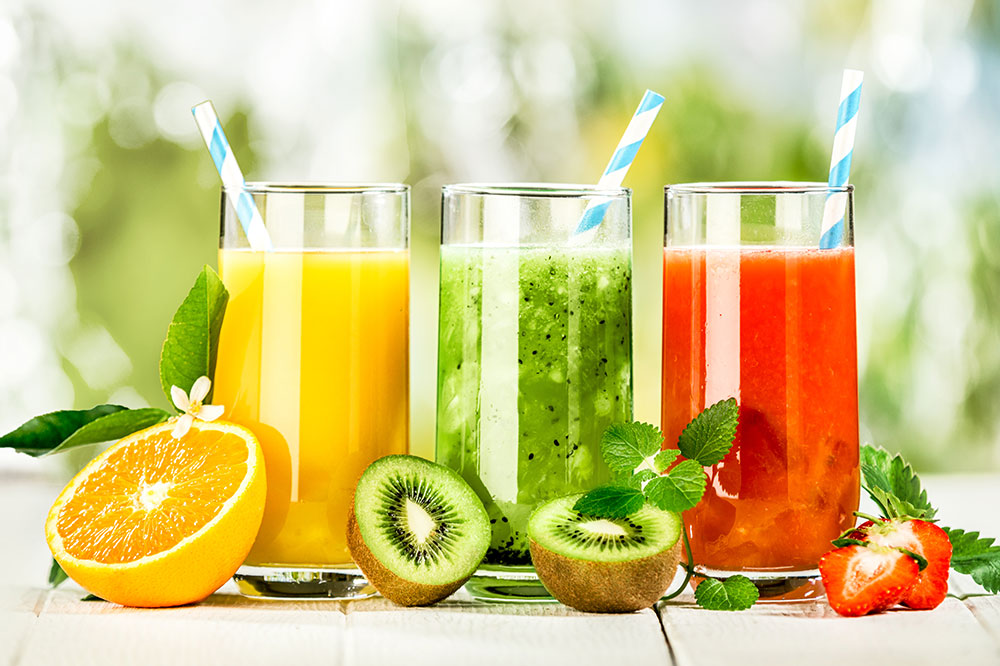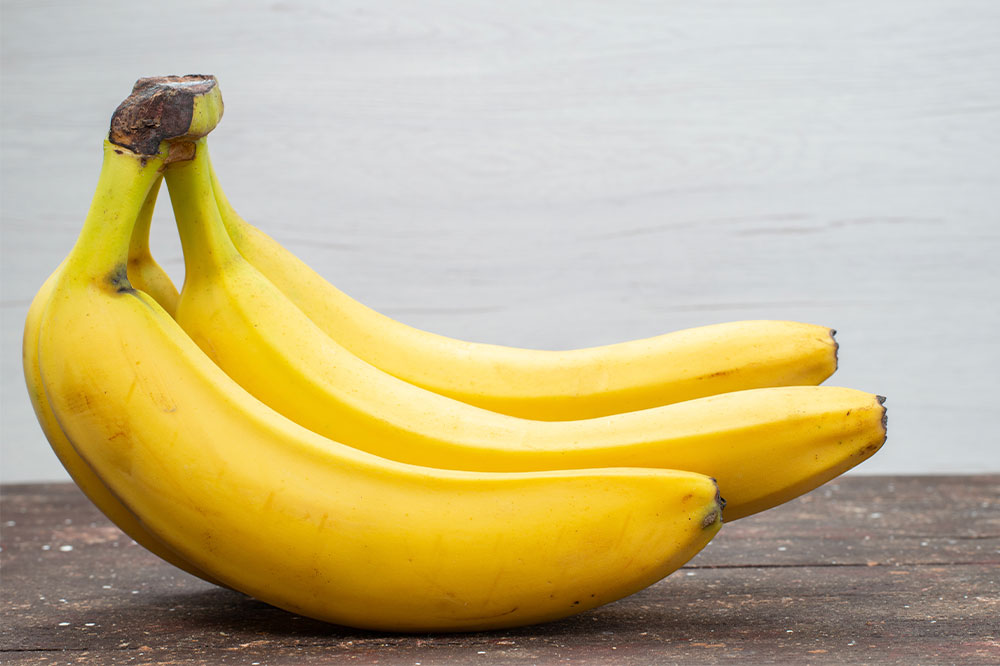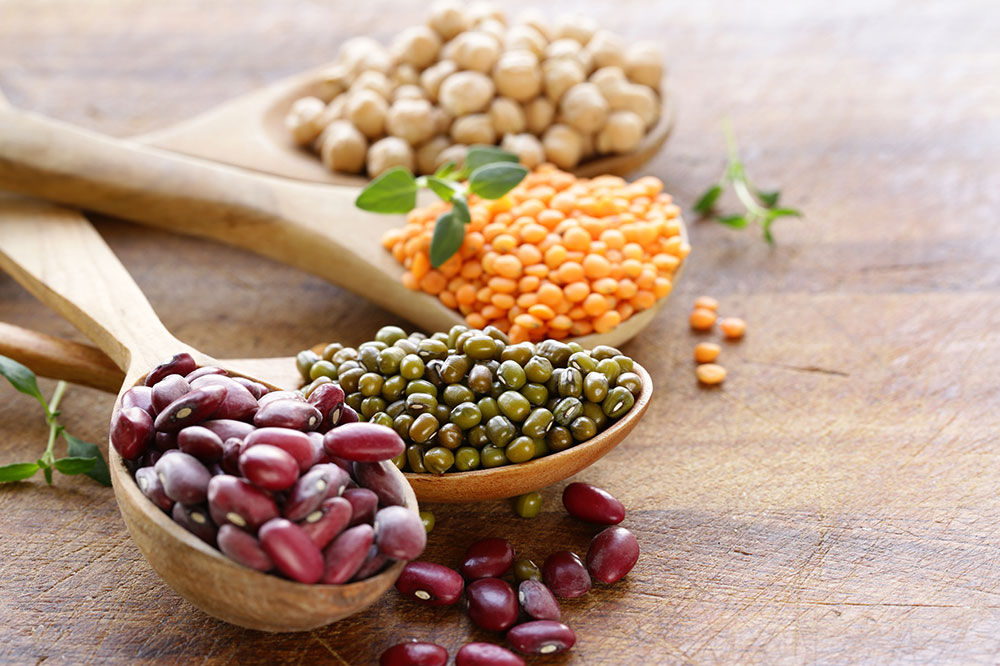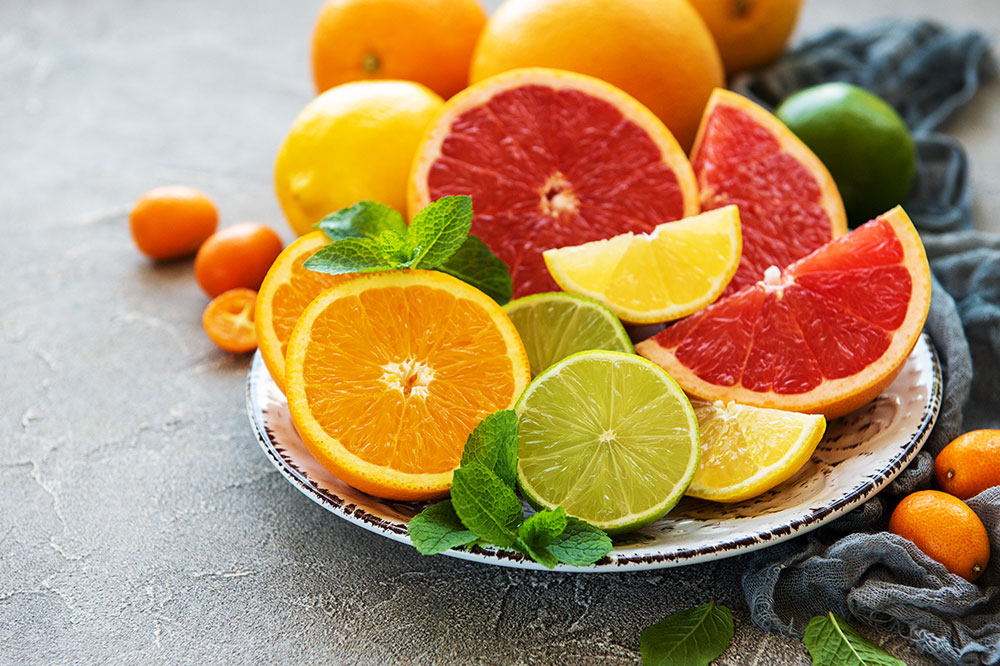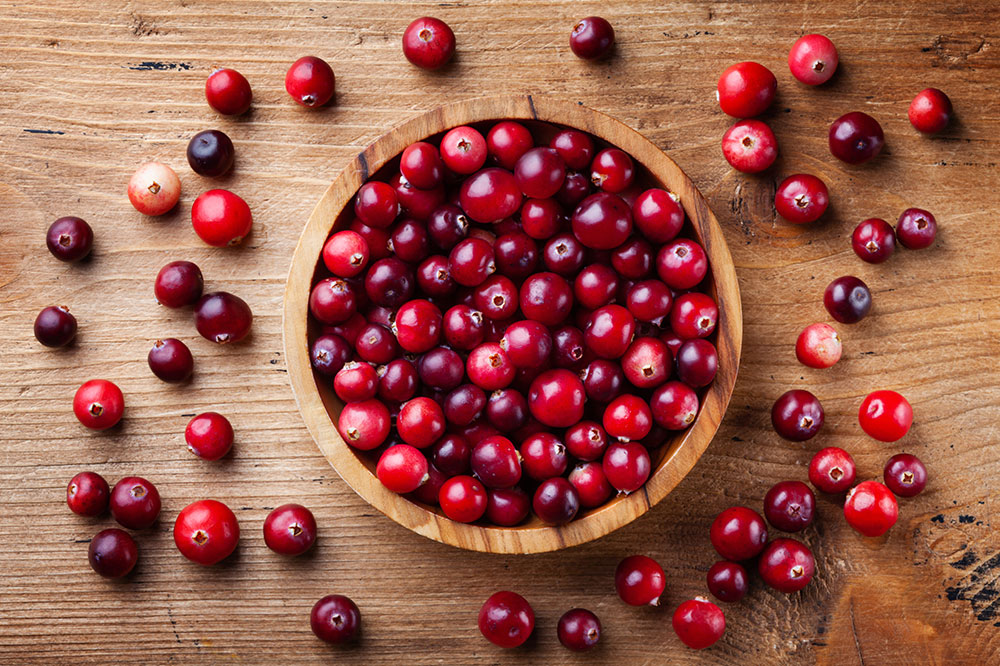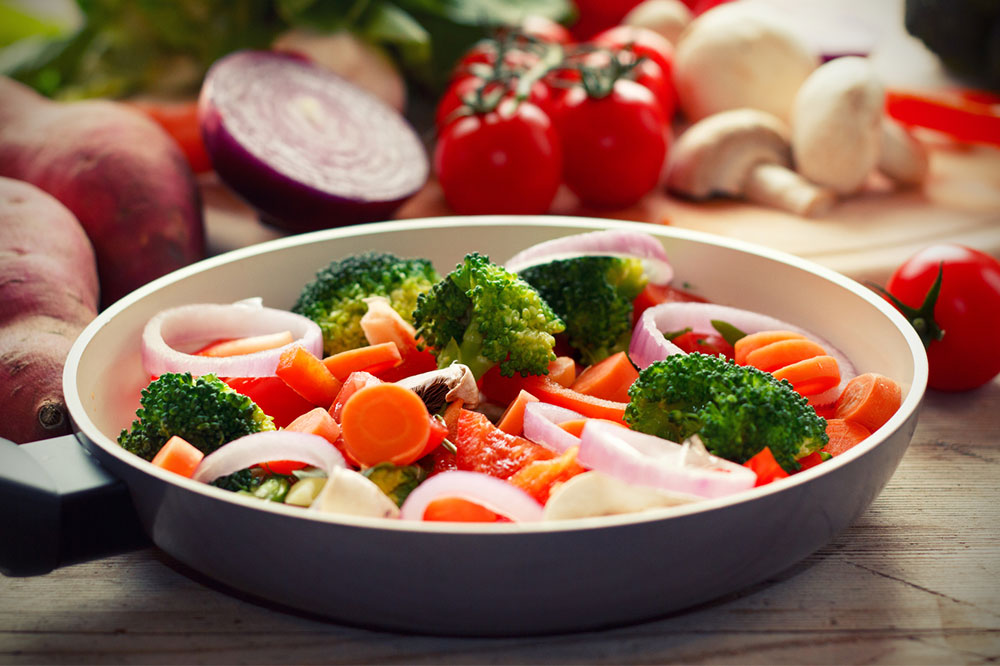Essential Foods to Support Bladder Health and Manage Overactive Bladder Symptoms
Discover key dietary strategies to support bladder health and alleviate overactive bladder symptoms. Incorporate fiber-rich foods like bananas, pears, and legumes into your diet. When necessary, consult healthcare providers for appropriate medications such as MYRBETRIQ and Vibegron. Take proactive steps to improve urinary health naturally and effectively.
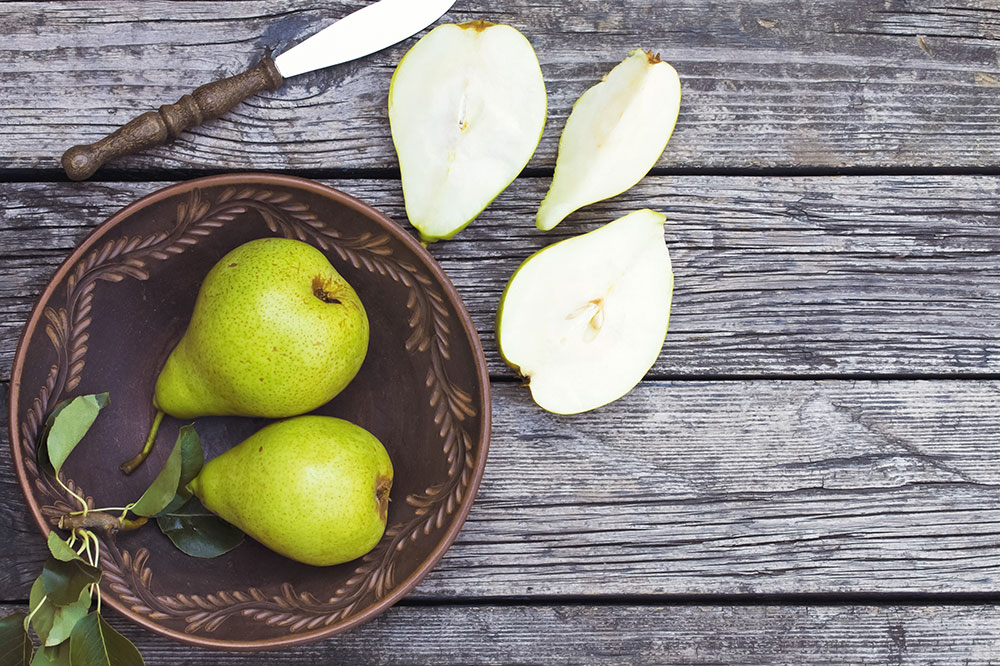
Essential Foods to Support Bladder Health and Manage Overactive Bladder Symptoms
The bladder plays a vital role in storing and releasing urine. Over time, factors such as aging and certain health issues can impair its function. Failing to address bladder problems may lead to conditions like urinary incontinence, overactive bladder (OAB), or urinary tract infections (UTIs). While medications and incontinence products exist, incorporating specific nutrient-rich foods into your diet can naturally help manage bladder issues and enhance overall well-being.
Here are four highly recommended foods for individuals experiencing OAB.
Bananas
Because restricted bowel movements increase pressure on the urinary tract, consuming bananas can help. Rich in fiber and potassium, bananas promote smooth bowel movements and aid in clearing the urinary pathway. Their non-acidic nature helps prevent bladder irritation, supporting a balanced nutrient intake.
Pears
Despite their sweetness, pears are low in sugar and packed with antioxidants and dietary fiber. They contain sorbitol, which attracts water into the intestines, promoting effective bowel movements. This makes pears beneficial for managing OAB and enhancing digestive health.
Kiwi
The fiber-rich kiwi stimulates digestion, encouraging regular bowel movements. It helps improve transit time in the intestines, reducing constipation and the need for laxatives, thereby supporting bladder health.
Legumes
Beans rank high among foods beneficial for OAB due to their high soluble and insoluble fiber content. Soluble fibers absorb water and produce a gel that softens stool, while insoluble fibers add bulk to waste, aiding in efficient bladder function.
Other helpful foods include rhubarb, artichokes, figs, sweet potatoes, lentils, kefir, flax seeds, and apples, which can contribute to better bowel health and bladder control.
If dietary changes do not alleviate OAB symptoms, medications such as MYRBETRIQ (mirabegron) and Vibegron (GEMTESA) are approved options. MYRBETRIQ relaxes bladder muscles and increases storage capacity, while Vibegron works by relaxing bladder muscles to reduce urgency and frequency. Both are taken orally once daily under medical supervision.

